Country Report Summary
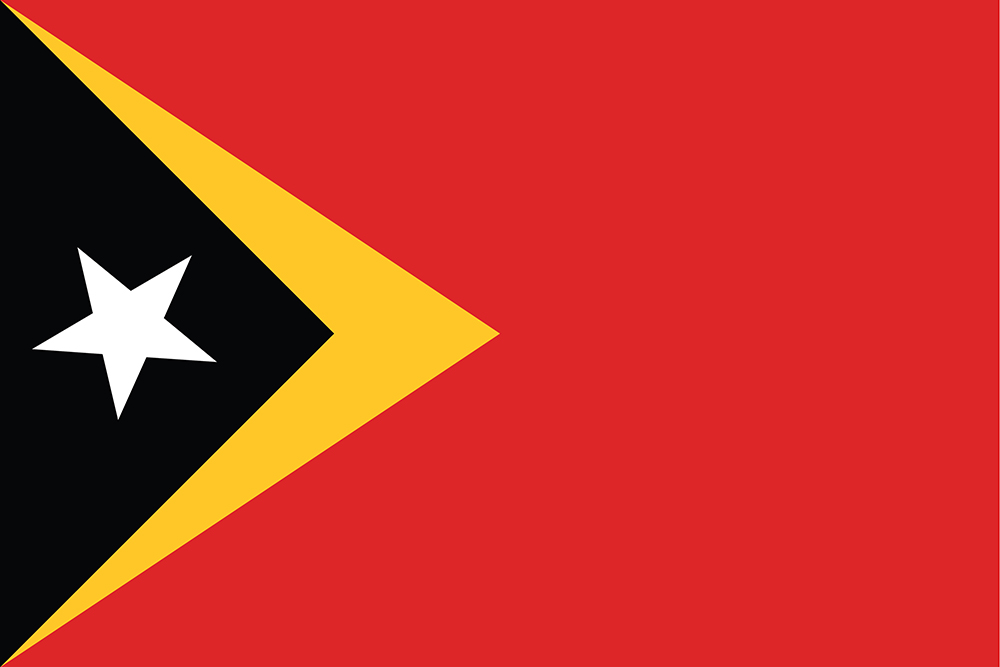
Timor-Leste
Anti Money Laundering
FATF status
Timor-Leste is not on the FATF List of Countries that have been identified as having strategic AML deficiencies.
Compliance with FATF Recommendations
The last Mutual Evaluation Report relating to the implementation of anti-money laundering and counter-terrorist financing standards in Timor Leste was undertaken in 2024. According to that Evaluation, Timor Leste was deemed Compliant for 1 and Largely Compliant for 21 of the FATF 40 Recommendations. It was deemed Highly Effective for 0 and Substantially Effective for 0 of the Effectiveness ratings.
Sanctions
There are no international sanctions currently in force against this country.
Bribery & Corruption
Rating: 0 (bad) - 100 (good)
Transparency International Corruption Index = 44
World Bank: Control of Corruption Percentile Rank = 48
Timor-Leste ranks 70 out of 180 countries in Transparency International’s 2023 Corruption Perceptions Index, reflecting ongoing challenges with corruption despite the establishment of the Anti-Corruption Commission (CAC) in 2010. Significant cases have emerged, including the convictions of former officials for procurement fraud, and recent accusations against the Minister of Parliamentary Affairs and Social Justice. Although the Law on Measures to Prevent and Fight Corruption was enacted in 2020 to address various offenses, investigations have been hindered by operational delays within the CAC.
Economy
Timor-Leste’s economy has faced challenges since its independence in 2002, including a contraction from 2021 to 2023 and a significant decline in GDP per capita growth. The economy is heavily reliant on public-sector spending and foreign investment, particularly in the oil and gas sector, which constitutes the largest share of GDP, although production fields are now depleted. The government is actively seeking to develop its domestic petroleum capabilities and diversify the economy, while also addressing issues such as inadequate regulatory mechanisms and corruption.
Timor-Leste has an investment climate that is open to foreign direct investment (FDI), supported by efforts to improve legislative and regulatory frameworks. However, challenges such as inadequate regulatory mechanisms, corruption, and limited human capacity hinder progress, making the environment less attractive for investors. The government is actively seeking to reform these issues while promoting key sectors like oil and gas, agriculture, and tourism to stimulate economic growth.
Country Report Summary

Malaysia
Malaysia is not on the FATF List of Countries that have been identified as having strategic AML deficiencies.
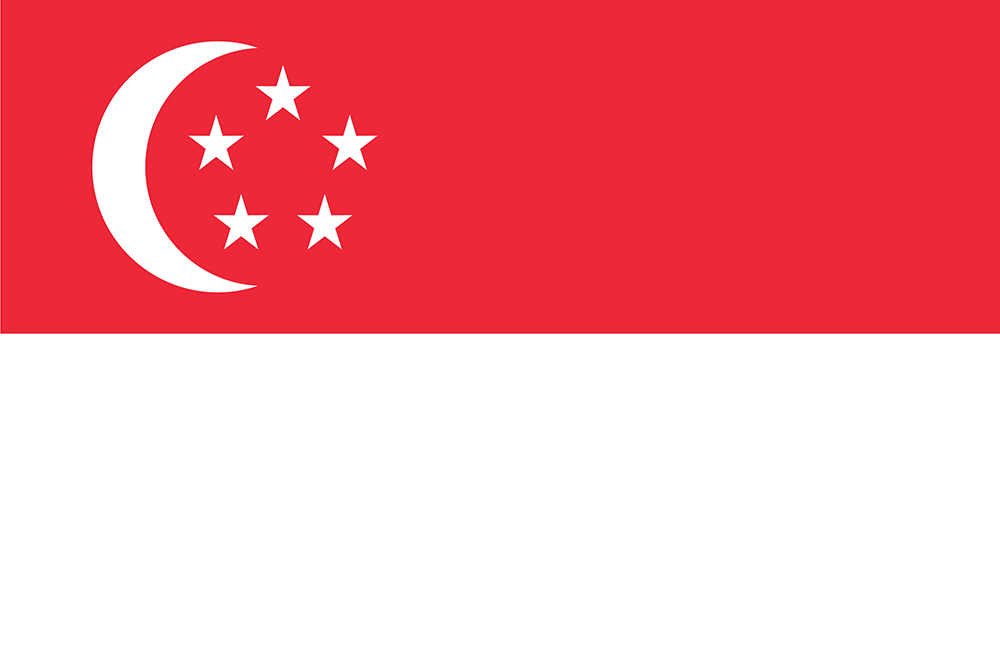
Singapore
Singapore is not on the FATF List of Countries that have been identified as having strategic AML deficiencies.
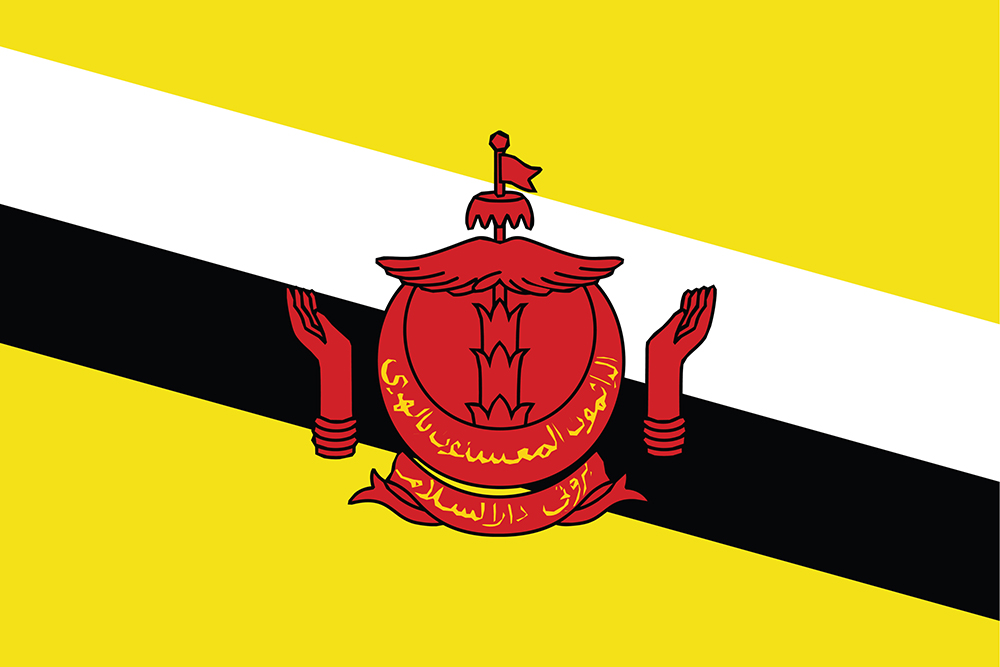
Brunei
Brunei is no longer on the FATF List of Countries that have been identified as having strategic AML deficiencies.
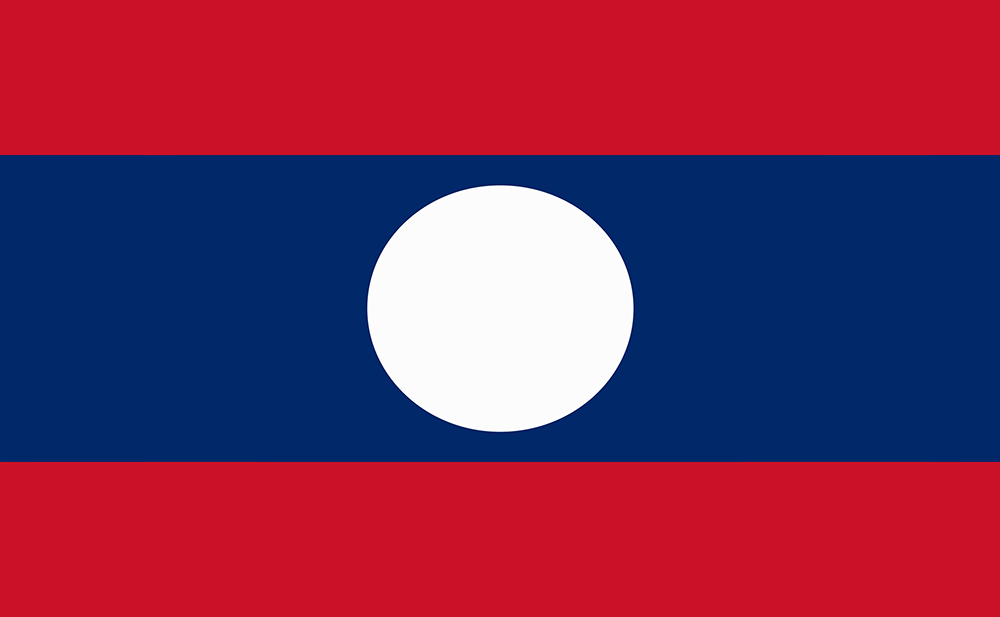
Laos
Laos is on the FATF List of Countries that have been identified as having strategic AML deficiencies.

Philippines
Brunei is no longer on the FATF List of Countries that have been identified as having strategic AML deficiencies.

Cambodia
Cambodia is no longer on the FATF List of Countries that have been identified as having strategic AML deficiencies.
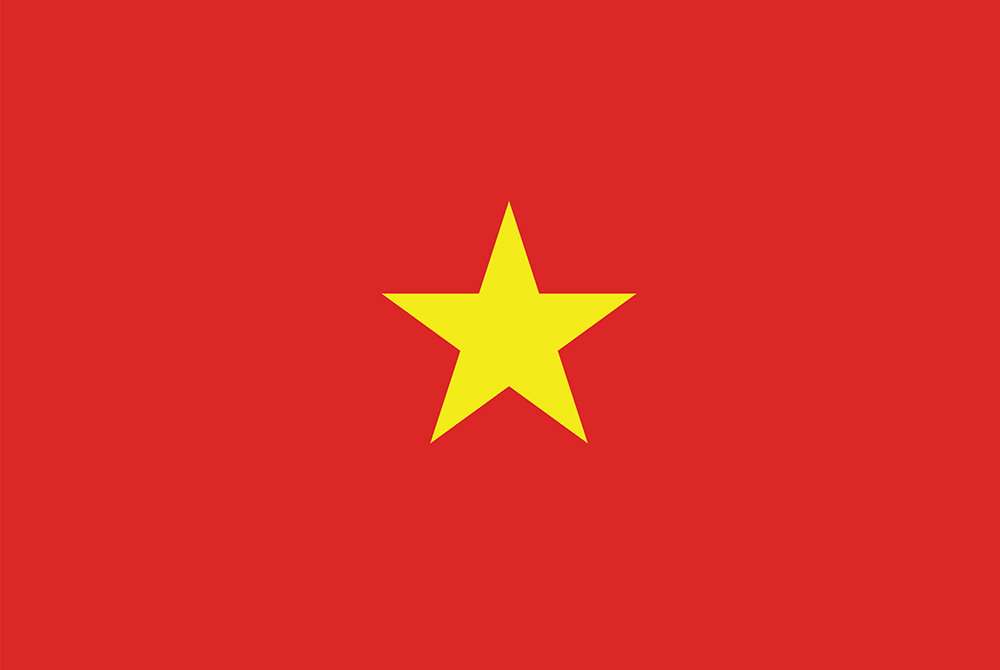
Vietnam
Vietnam is on the FATF List of Countries that have been identified as having strategic AML deficiencies.

Myanmar
Myanmar is subject to a FATF call on its members and other jurisdictions to apply enhanced due diligence measures proportionate to the risks arising from the jurisdiction.

Timor-Leste
Timor-Leste is not on the FATF List of Countries that have been identified as having strategic AML deficiencies.
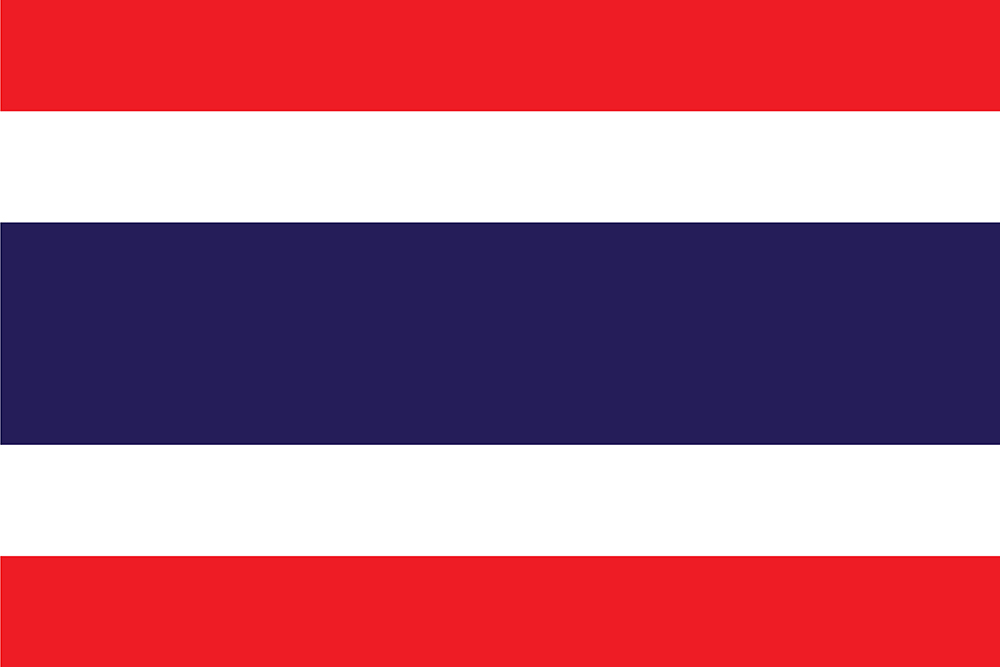
Thailand
Thailand is no longer on the FATF List of Countries that have been identified as having strategic AML deficiencies.

Indonesia
Indonesia was removed from the FATF List of Countries that have been identified as having strategic AML deficiencies on 26 June 2015.

Morocco
Morocco is no longer on the FATF List of Countries that have been identified as having strategic AML deficiencies.
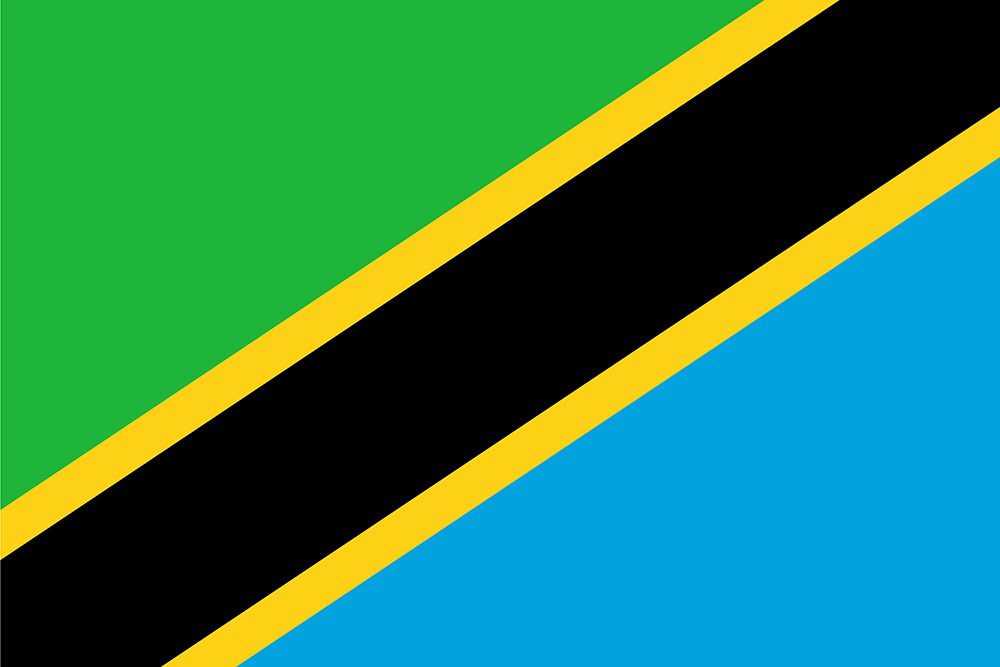
Tanzania
Tanzania is on the FATF List of Countries that have been identified as having strategic AML deficiencies.
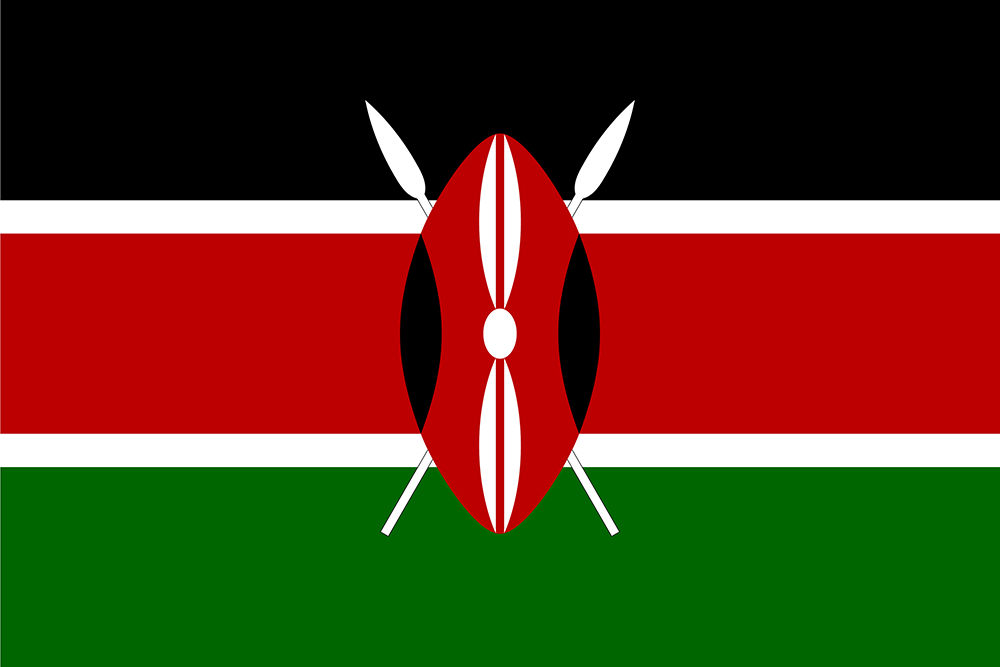
Kenya
Kenya is on the FATF List of Countries that have been identified as having strategic AML deficiencies.
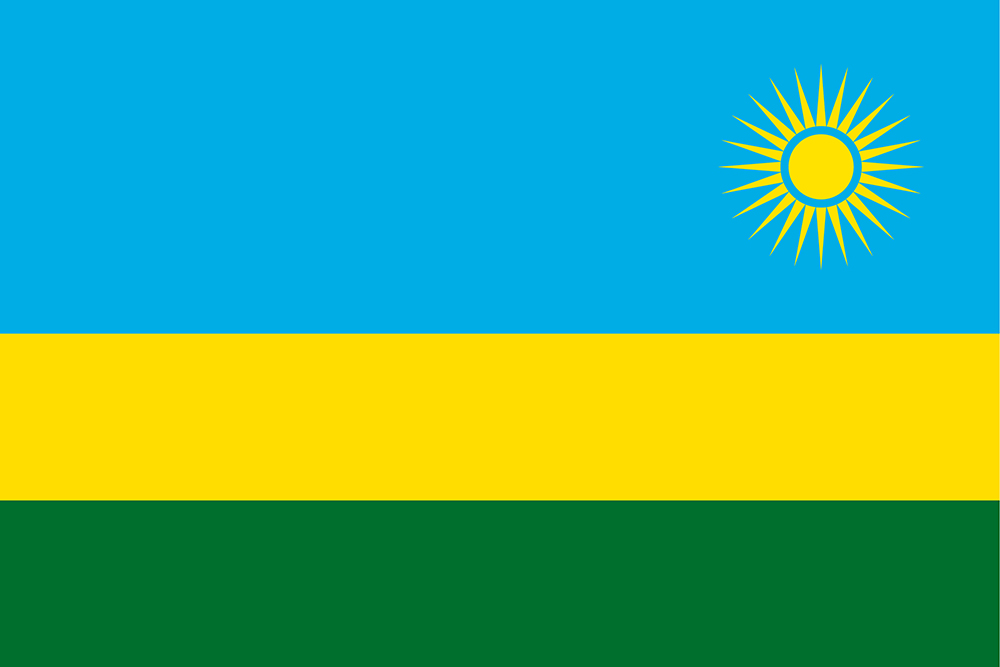
Rwanda
Rwanda is not on the FATF List of Countries that have been identified as having strategic AML deficiencies.
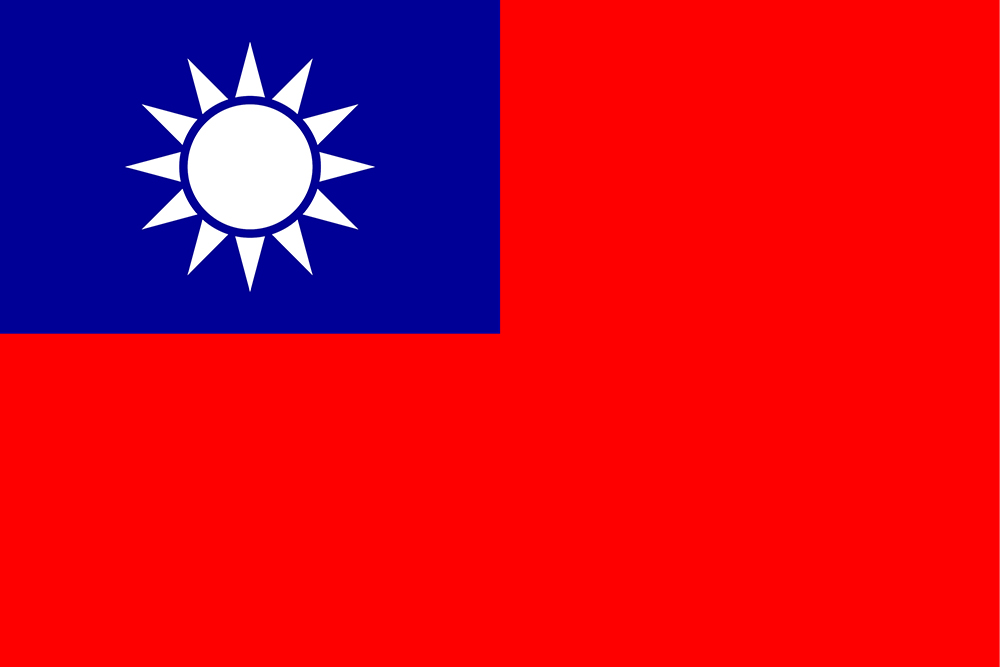
Taiwan
Taiwan is not on the FATF List of Countries that have been identified as having strategic AML deficiencies.

Hong Kong
Hong Kong is not on the FATF List of Countries that have been identified as having strategic AML deficiencies.
